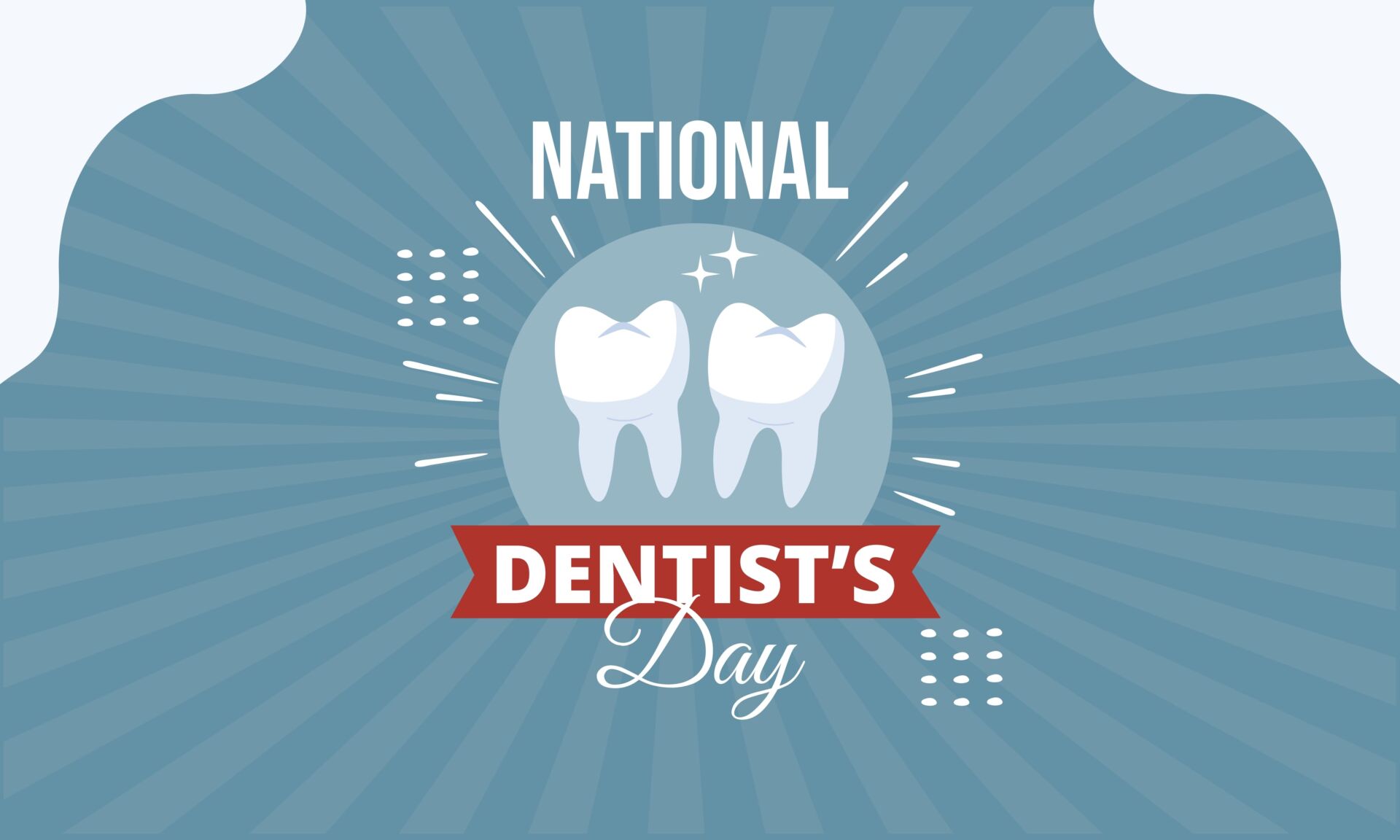In recognition of TMJ Awareness Month, The TMJ Association dedicates its efforts to raising awareness about the profound effects of Temporomandibular (jaw) Disorders (TMJ) on millions worldwide. We believe that everyone suffering from TMJD deserves to be pain-free. Join our team in spreading awareness and understanding among friends, family, and beyond!
What is TMJD?
Temporomandibular joint disorder (commonly abbreviated as TMJD) is a condition caused when one or both TMJ joints are misaligned or inflamed from injury or wear over time. It can be a painful and uncomfortable disorder that can reduce one’s quality of life. TMJD can result when the jaw is out of its natural place or teeth are crowded or crooked.
Typically, when someone has a bad bite, or bite malocclusion, the jaw muscles become strained as they’re forced to hold the jaw in an unnatural position. Symptoms of TMJD can mimic other health conditions, resulting in a misdiagnosis. Patients who have untreated TMJD long-term may develop chronic pain or arthritis.
Facts About TMJD
The TMJ Association has shared these facts about TMJD to increase awareness:
- Around 36 million people in the US are affected by TMJD, with women of childbearing age making up 90% of those seeking treatment.
- Research indicates that TMJ disorders may coincide with over 30 different health conditions. The economic toll of TMJD in the United States amounts to a staggering $32 billion annually.
- The TMJ Association has stood as a reliable source of TMJ information for more than three decades.
- The National Institutes of Health allocates a mere 0.05% of its annual budget to TMJ research, which translates to just $0.49 per TMJ patient.
- The only permanent treatment for TMJD is through treatment that realigns the bite of a patient.
Knowing the Signs of TMJD
While the symptoms of TMJ disorders vary among individuals, the most common symptoms are headaches and jaw joint pain. It can be a dull ache or a sharp shooting pain. Other symptoms include:
- Neck pain
- Ear pain
- Limited jaw movement
- Difficulty chewing
- Clicking or popping in the jaw joint when opening or closing your mouth
- Excessive wear on teeth
How Can You Participate?
Here are some great ways to participate in creating awareness for TMJD in November:
- Sharing your experience with TMJD on social media
- Use hashtags #TMJAwareness #NovemberTMJAwareness #TMJAwarenessMonth #LifeWithTMJ #ChangingTheFaceOfTMJ
- Support TMJ Association fundraising efforts
By creating more awareness for TMJD, it helps to advance understanding and treatments for the disorder.
Want to Learn More About TMJD?
If you feel like you may be suffering from a TMJ disorder and want to learn more about treatments, or you want to be more educated on TMJD, we can help. Learn more about our award-winning care here.




